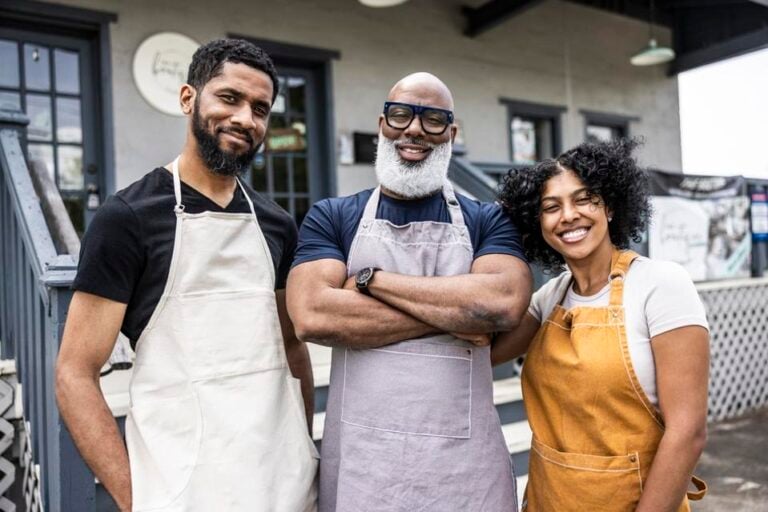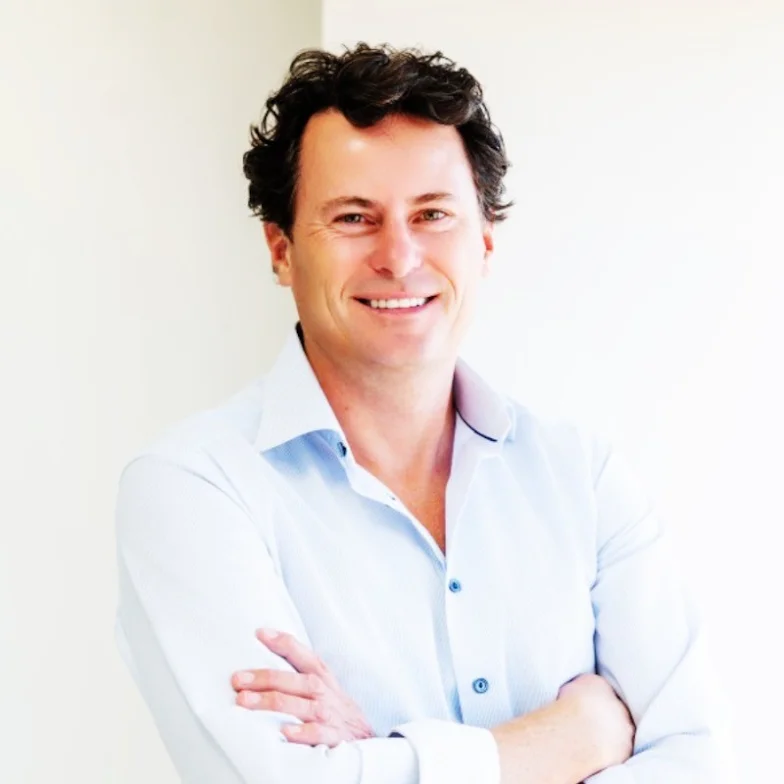How To Build A Successful Career Without A Degree
Republished from Forbes Business Council
I barely passed high school and I never went to college. On paper, I wasn’t qualified to do much. So, I chose entrepreneurship. Not because it was trendy. Not because I had some master plan. But because it was the only shot I had. I didn’t have a safety net—just curiosity, grit and a serious aversion to being told what to do.
Today, I’m the founder and CEO of a remote staffing company. How did I get here? One rule: Do what you’re best at and outsource the rest. Here’s how:
Identify what you’re good at.
I wasn’t cut out for the classroom. I couldn’t fake interest in things that didn’t matter to me. And I definitely didn’t thrive in a system built around memorizing. But I was good at breaking things down and at spotting how they could work better. So I started building businesses.
Some flopped. Some broke even. A few taught me lessons I still rely on every single day. I didn’t get an MBA—I got an education by doing.
Look for a problem you can solve.
The idea for my current company came from a problem I was facing in my own business. I needed help but not a full-time employee. And definitely not someone tied to an office. I wanted flexibility. I wanted quality. I wanted value without blowing up the budget.
So I built what I couldn’t find: a remote staffing company that handles it all—recruitment, vetting, payroll, compliance—and matches the right people to the right roles. Now? I’ve got more than 500 employees that have helped businesses across the U.S., Australia and beyond to grow lean, remote-first teams.
To scale, do less of the wrong stuff.
Entrepreneurs love to wear all the hats. I used to think that made me scrappy. But truth is, it just slowed me down. Doing everything myself wasn’t a strength; it was a bottleneck.
When I started focusing on what I was best at—and gave everything else to someone better equipped—everything changed. I had more time, more clarity and more momentum. When you stop trying to be everything, you finally have room to be great at something.
Entrepreneurship wasn’t my fallback. It was my only path forward. There was no safety net—just instincts, work ethic and the willingness to figure it out as I went. And that’s what got me here.
If school didn’t work for you, that doesn’t mean success is off the table. If you don’t have a degree, you’re not alone. You don’t need credentials. You need commitment. I failed at school. But I built a company that’s thriving. Because I focused on what I do best—and outsourced the rest.








